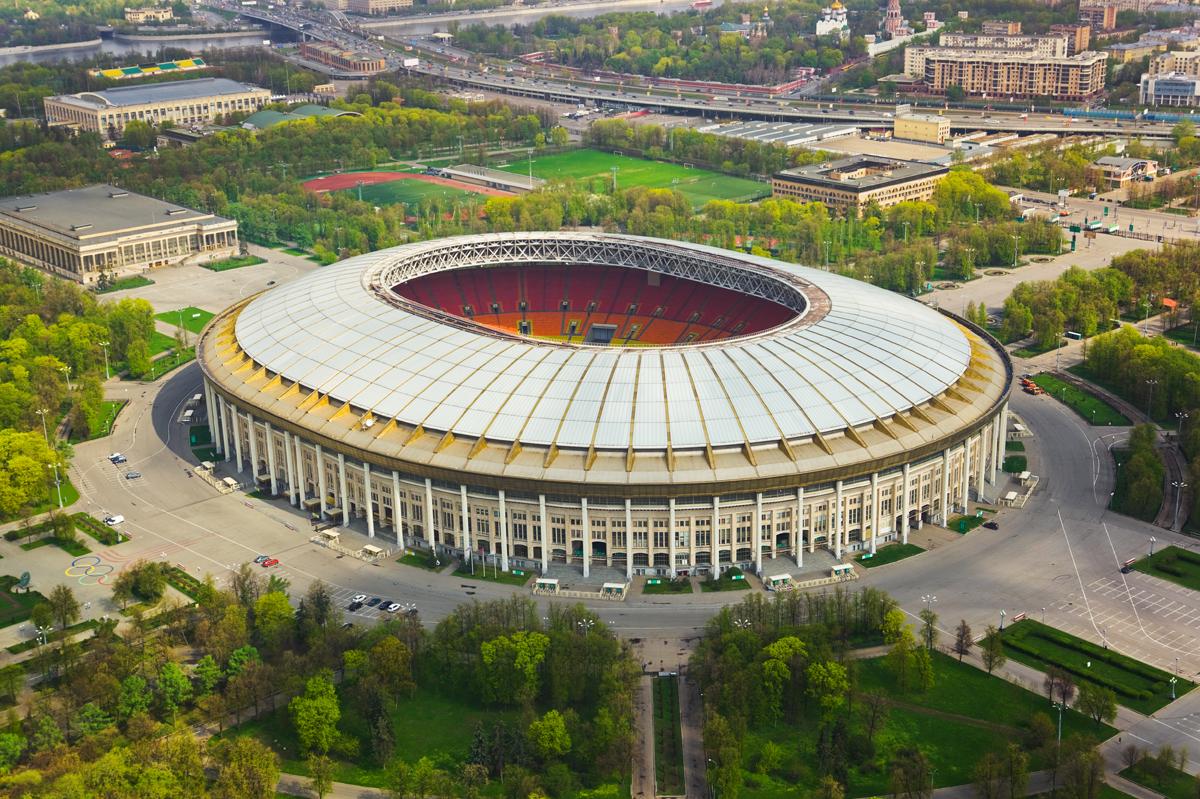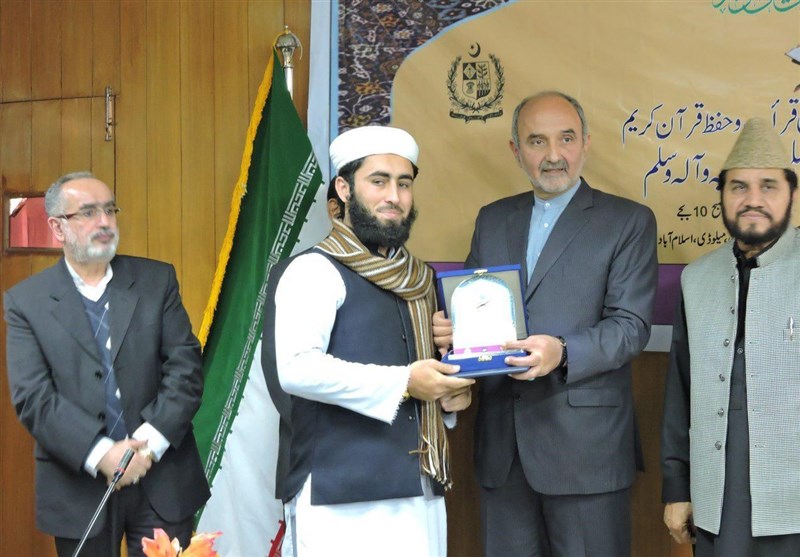Roots Of India-Pakistan Tensions: Kashmir's Importance And The Threat Of War

Table of Contents
The Historical Roots of the Kashmir Dispute
The Kashmir conflict is inextricably linked to the tumultuous partition of India in 1947. The British departure left a power vacuum, and the princely states, including Kashmir, were left to decide their own accession. This decision became the flashpoint for conflict between India and Pakistan.
-
Maharaja Hari Singh's initial independence and subsequent accession to India: The Maharaja of Kashmir, Hari Singh, initially opted for independence, hoping to remain neutral. However, facing a tribal invasion from Pakistan-administered territories, he eventually acceded to India in October 1947, securing Indian military intervention. This accession remains a point of contention.
-
The First Kashmir War (1947-48) and the UN involvement: The First Kashmir War erupted immediately following the accession, with both India and Pakistan claiming sovereignty over the region. The United Nations intervened, calling for a plebiscite to determine the will of the Kashmiri people, a promise that remains unfulfilled.
-
The legacy of unresolved issues and ongoing territorial disputes: The unresolved plebiscite, coupled with ongoing territorial disputes, has fueled decades of animosity and intermittent conflict between India and Pakistan. The Line of Control (LOC), a ceasefire line established in 1972, remains a highly volatile border.
-
The role of religion and nationalism in fueling the conflict: The religious composition of Kashmir – a predominantly Muslim population within a Hindu-majority India – has added a layer of complexity to the conflict, often exploited by extremist groups on both sides, further exacerbating the India-Pakistan tensions. The narrative of religious nationalism on both sides continues to be a powerful force.
Geopolitical Significance of Kashmir
Kashmir's strategic importance extends beyond its historical significance. Its location, resources, and influence on regional power dynamics make it a critical geopolitical flashpoint.
-
Kashmir's geographic location and its strategic importance for both India and Pakistan: Kashmir sits at the crossroads of India, Pakistan, China, and Afghanistan, making it a strategically vital region for control over trade routes and regional influence. Its location gives it significant military value for both countries.
-
The Indus Waters Treaty and the control of vital water resources: The Indus Waters Treaty, signed in 1960, governs the sharing of the Indus River system, a crucial water resource for both countries. Control over these resources remains a potential point of conflict, impacting the India-Pakistan tensions.
-
The impact of the Kashmir conflict on regional stability and international relations: The unresolved Kashmir dispute significantly impacts regional stability, affecting relations between India and Pakistan, and influencing the broader South Asian geopolitical landscape. International involvement in attempts to mediate a resolution reflects the global significance of the conflict.
-
The role of external actors and their influence on the conflict: External actors, often with their own regional interests, have been accused of influencing the Kashmir conflict, providing support to various groups and adding another layer of complexity to the already tense situation. This external involvement further complicates efforts towards peace.
The Escalation of Tensions and the Threat of War
Recent years have witnessed a significant escalation of India-Pakistan tensions, raising concerns about a potential large-scale conflict. Multiple factors contribute to this volatile situation.
-
The Line of Control (LOC) and its violation: Violations of the LOC, including cross-border firing and infiltration attempts, frequently occur, escalating tensions and increasing the risk of accidental escalation. These violations often serve as triggers for more significant conflict.
-
Terrorism and cross-border infiltration: Cross-border terrorism remains a significant concern, with accusations of support for militant groups operating in Kashmir from both sides. This persistent threat contributes to distrust and fuels the cycle of violence.
-
Military build-up and nuclear proliferation: Both India and Pakistan possess nuclear weapons, adding an unprecedented level of danger to the conflict. The ongoing military build-up by both countries further heightens the risk of unintended escalation.
-
The role of media and misinformation in escalating tensions: Media coverage and the spread of misinformation can significantly escalate tensions, fueling nationalist sentiments and hindering diplomatic efforts. Careful and responsible reporting is crucial in navigating this sensitive situation.
-
Diplomatic efforts and international mediation attempts: While diplomatic efforts and international mediation attempts have been made, finding a lasting solution to the Kashmir conflict continues to be an immense challenge. The lack of meaningful progress adds to the anxieties surrounding the situation.
Potential Pathways to Peace and Conflict Resolution
Resolving the Kashmir conflict requires a multifaceted approach that addresses both the historical grievances and the present-day realities.
-
The importance of bilateral dialogue and negotiations: Direct dialogue and negotiations between India and Pakistan are essential for finding a mutually acceptable solution. This requires a genuine commitment from both sides to address the core issues.
-
The role of international mediation and third-party involvement: International mediation and third-party involvement can facilitate dialogue and provide a neutral platform for negotiations. Trust-building mechanisms are crucial for facilitating productive discussions.
-
Addressing the root causes of the conflict through political solutions: Addressing the root causes of the conflict, including political autonomy and self-determination for the Kashmiri people, is crucial for achieving a lasting peace. A solution that is acceptable to all stakeholders must be achieved.
-
Confidence-building measures and de-escalation strategies: Implementing confidence-building measures, such as reducing military deployments along the LOC and promoting cross-border cooperation, can help de-escalate tensions and create a more conducive environment for dialogue.
-
Promoting peace and reconciliation within Kashmir: Promoting peace and reconciliation within Kashmir itself is crucial, involving all segments of Kashmiri society in the peace process and addressing their concerns. This includes providing opportunities for dialogue and ensuring human rights.
Conclusion
The enduring India-Pakistan tensions, largely centered on the Kashmir dispute, pose a significant threat to regional stability and global peace. The historical context, geopolitical importance, and ongoing escalations underscore the urgency of finding a peaceful resolution. Understanding the complexities of the India-Pakistan tensions, specifically the role of Kashmir, is crucial for fostering peace in the region. Further research into the various facets of this conflict, including the perspectives of all stakeholders, is needed to promote dialogue and find lasting solutions. Let's work together to prevent future escalation and strive for a peaceful resolution to the Kashmir conflict. Learn more about the India-Pakistan war threat and how you can contribute to peace initiatives.

Featured Posts
-
 Superman And Krypto Next Weeks Summer Of Superman Special
May 08, 2025
Superman And Krypto Next Weeks Summer Of Superman Special
May 08, 2025 -
 Where To Buy A Ps 5 Before A Potential Price Increase
May 08, 2025
Where To Buy A Ps 5 Before A Potential Price Increase
May 08, 2025 -
 Arsenal Ps Zh Golem Mech Vo Ligata Na Shampionite
May 08, 2025
Arsenal Ps Zh Golem Mech Vo Ligata Na Shampionite
May 08, 2025 -
 Bayern Munichs Champions League Hopes Dented By Inter Milan Defeat
May 08, 2025
Bayern Munichs Champions League Hopes Dented By Inter Milan Defeat
May 08, 2025 -
 Dyshime Te Medha Rreth Shkeljeve Te Rregullave Te Uefa S Nga Arsenali Kunder Psg
May 08, 2025
Dyshime Te Medha Rreth Shkeljeve Te Rregullave Te Uefa S Nga Arsenali Kunder Psg
May 08, 2025
Latest Posts
-
 Qwmy Hyrw Aym Aym Ealm Kw Khraj Eqydt 12wyn Brsy Ky Tqrybat
May 08, 2025
Qwmy Hyrw Aym Aym Ealm Kw Khraj Eqydt 12wyn Brsy Ky Tqrybat
May 08, 2025 -
 Aym Aym Ealm Ky 12wyn Brsy Pakstan Myn Wsye Pymane Pr Tqrybat
May 08, 2025
Aym Aym Ealm Ky 12wyn Brsy Pakstan Myn Wsye Pymane Pr Tqrybat
May 08, 2025 -
 Postane Is Ilanlari 2025 Ptt Personel Alimi Basvurulari
May 08, 2025
Postane Is Ilanlari 2025 Ptt Personel Alimi Basvurulari
May 08, 2025 -
 Qwmy Hyrw Aym Aym Ealm Ky 12wyn Brsy Yadgar Tqaryb Ka Ahtmam
May 08, 2025
Qwmy Hyrw Aym Aym Ealm Ky 12wyn Brsy Yadgar Tqaryb Ka Ahtmam
May 08, 2025 -
 Ptt Personel Alim Tarihleri 2025 Kpss Ile Basvuru
May 08, 2025
Ptt Personel Alim Tarihleri 2025 Kpss Ile Basvuru
May 08, 2025
